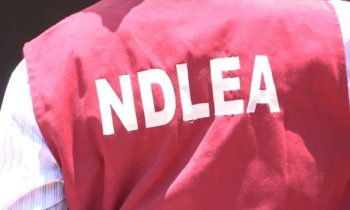
Femi Eseyin
Nigeria LNG Limited (NLNG), has inaugurated the Bonny Consulate building, a 19th-century historic landmark in Bonny Kingdom that was reconstructed as part of plans to boost tourism in the kingdom.
The consulate building was the seat of the British colonial administration in 1897, with a district commissioner and other administrative offices.
In 2019, NLNG flagged off the construction of the building to restore the memory of the ancient monument.
Re-construction of the Bonny Consulate building is part of an NLNG’s initiatives to upscale the prominence of Bonny and make it a major investment and tourist destination, diversifying its economy from reliance on oil and gas.
At the inauguration, Rivers State governor, Nyesom Wike, represented by his deputy, Dr. (Mrs.) Ipalibo Harry-Banigo, said the building was a monument that would sustain the historical and cultural heritage of Bonny Kingdom, adding that the building connotes the past, present and future of the historical island.
Governor Wike further said that the consulate building was a statement by NLNG to help make Bonny Island an investment and tourism destination
Dr. Philip Mshelbila, NLNG’s Managing Director and Chief Executive Officer, in his remarks, said NLNG, as a visionary and responsible corporate citizen, was committed to stimulating a viable Bonny Kingdom.
He stated that the consulate building, with its rich history, significance and potential, would propel tourism growth on the island and underscore the economic significance of the kingdom before the advent of oil and gas activities on the island.
“The actualisation of the Bonny Consulate building is a project aimed at a self-sustaining economy in Bonny Kingdom,” he said.
The building accommodates an FM radio station, office for the King of Bonny, a library, museum, café, cinema, conference hall, seminar/exhibition hall, souvenir shop, utilities, and visitors’ centre.
The construction is a partnership between NLNG, Julius Berger Nigeria (JBN) and Bonny Kingdom. NLNG funded the procurement of project materials, setting up and equipping all the building sections, including the museum, the radio station, the cinema, and the library, among other sections. JBN undertook the design, site construction, supervision and provision of equipment while the kingdom provided the parcel of land




